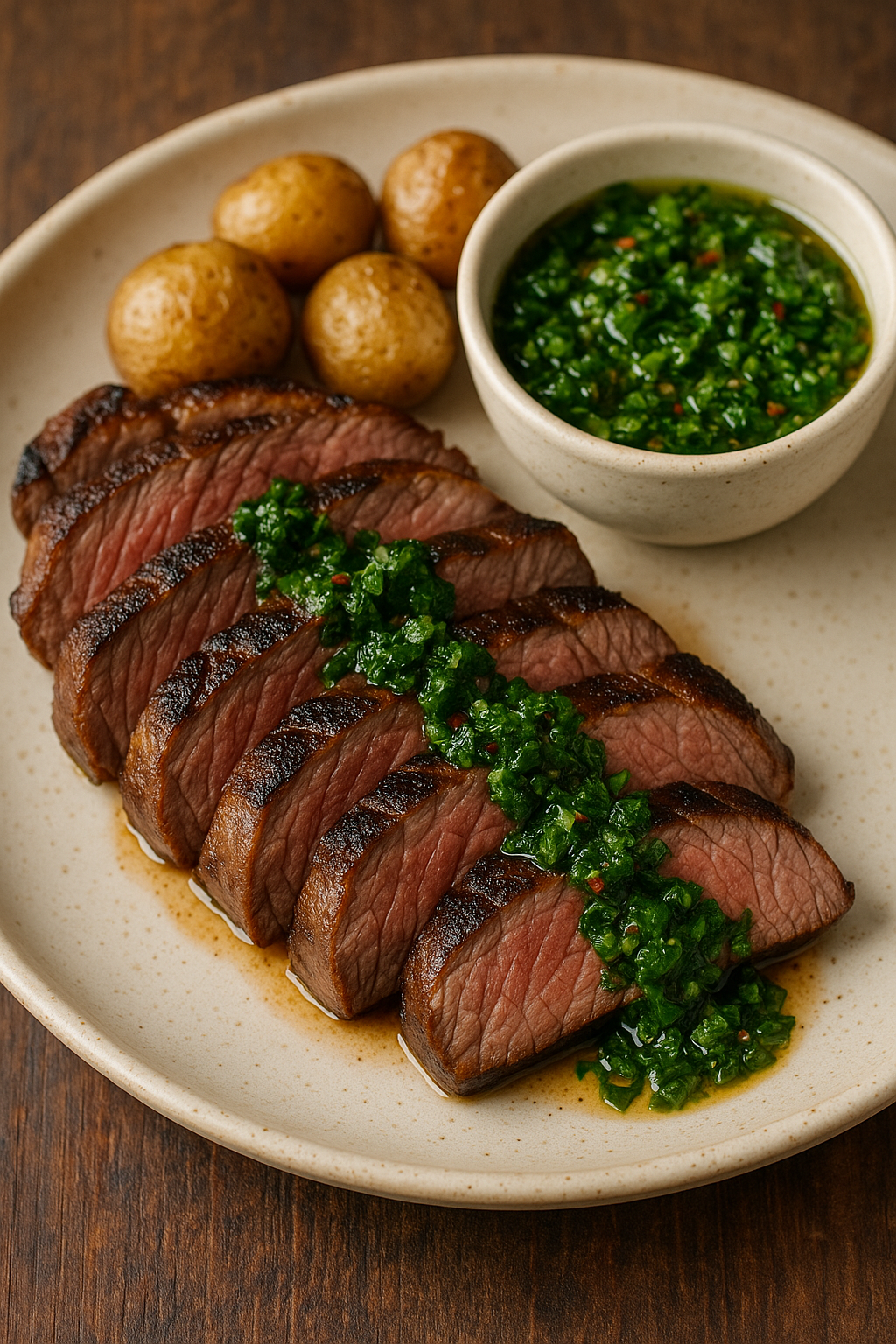A Lifetime of South African Adventures!
Season ‘25 | Episode 17
In this unique episode, we cover hunts from the early 90s to modern day in South Africa, sharing some of our greatest memories with Frikki Du Toit Safaris.
Keep up with us on social media!
@RalphandVicki | @RJandAubrey
Outfitter Information
Frikkie Du Toit Safaris
Frikkie Du Toit
Website: www.frikkiedutoitsafaris.com
Email: frikkiebig5@icloud.com
Phone: +27823399235
-
Arrows: Easton Arrows
Binos / Range Finder: Cabela’s Optics
Outfit: Cabela’s Instinct / SHE
Pack: Alps OutdoorZ Pack
Bug Repellant: Thermacell
-
Location: Northwest Illinois
Species (Harvested): Whitetail Deer
Sex: Male (Buck)
Average Size & Physical Traits
Bucks: 180-250+ lbs (Some may exceed 300 lbs!)
Does: 120-180 lbs
Body-Traits: Big-Bodied, thick necked, often appear larger than they score in late season.
Illinois deer benefit from rich ag diets (corn, soybeans, alfalfa), resulting in massive frames and fat reserves.
Feeding Behaviors
Primary Food Sources: Corn, Soybeans, Clover, Acorns
Preferred Fall/Winter Foods: Standing Corn, Brassicas, Turnips, and Acorns (especially red oaks late season)
Daily Movement: Feed heavily during dusk/dawn, especially near edge habitat
Consistent patterns exist until pressure or the rut hits. Post-rut deer shift to food-first survival mode
Seasonal Behavior Breakdown
Early Season (Oct 1-20):
Bucks still in summer feeding patterns
Evening hunts on field edges can be deadly
Hunt cold fronts and transition areas between bed and feed
Pre-Rut (Oct 21-31):
Bucks start roaming more, checking scrapes and staging near doe bedding
Great time for mock scrapes and grunting
Rut (Nov 1-15)
Peak activity - Bucks are covering ground and responding to calling
All-day sits near funnels, pinch points, and bedding edges
Post-Rut (Nov 16-30):
Mature bucks are cautios, recovering
Hunt food sources and second-rut opportunities (younger does coming into estrus)
Late Season (Dec-Jan):
Focus shifts entirely to food and thermal cover
Bucks group up and feed predictably again - late-season ag fields shine
Scent & Wind Behavior
Illinois whitetails live in high-pressure environments - they are extremely scent-wary
Thermals and wind swirls are common in wooded draws and creeks
Bucks often approach downwind of bedding or food
Always hunt with a wind-based plan, and use entry/exit strategies to stay undetected
Vision & Hearing
Excellent low-light vision
Sensitive to movement and sound, especially in open hardwoods
Bucks often watch their backtrail - mature deer don’t just charge into shooting lanes
Use cover, not just elevation, when setting up a stand or blind
Whitetail Intelligence & Adaptability
Deer quickly adapt to hunting pressure - mid-season hunting from the same stands can be risky
Mature bucks may go nocturnal after just one bad encounter
They often pattern hunters more than hunters pattern them
Rotate stand locations and use observation sits to find undisturbed routes
Calling & Rattling Effectiveness
Grunt calls work best in pre-rut and rut phases
Rattling is most effective from Oct 25-Nov 10 - simulate real fights
Bleat cans or mouth bleats can pull in cruising bucks, especially during lockdown phase
Be realistic - overly aggressive calling in pressured areas can do more harm than good
Body Language & Movement
Tail Flick: Relaxed
Foot Stomp / Head Bobbing: Suspicious
Short, Stiff-Legged Walk: Alert, Winding Something
Ears Forward, Quick Stride: Likely Chasing
Learn to read deer movement and body language to anticipate shot windows
Weather Influence
Cold Fronts: Huge movement triggers, especially early and late season
Rain/Snow: Often bed longer, then move heavily just before or after
Barometric Pressure Rising Above 30.00: Increaded daylight movement
In Illiniois, a drop in temps after a warm spell can be a great time to get out. Rut activity spikes hard around first frosts
Illinois Whitetail Hunting Tips
Hunt fresh sign, not just historical stand locations
Late-Season glassing from a distance can reveal target buck patterns
Always assume a mature buck is bedded closer than you think - don’t over push bedding areas unless conditions are perfect
Consistency and patience are key. Many Illinois giants full during short windows of activity. Don’t miss them!
Recipe
Grilled Zebra Steaks w/ Green Sauce
Tastes like beef, cooks like steak, but wilder!
Prep: 10 Minutes | Cook: 6-8 Minutes | Rest Time: 5 Miuntes | Total Time: ~25 Minutes
Servings: 2-3 People
Ingredients:
For the Zebra
1-1.5 lbs Zebra Steak or Loin
1 tbsp Oil
Salt and Pepper
1 tsp Garlic Powder
1/2 tsp Smoked Paprika (optional)
For the Green Sauce (Simple Chimichurri)
1/2 Cup Parsley, chopped
2-3 Garlic Cloves, chopped
2 tbsp Red Wine Vinegar or Lemon Juice
1/2 Cup Olive Oil
Pinch of Chili Flakes
Salt to taste
Directions:
1. Get the Meat Ready
Rub zebra steaks with oil, slat, pepper, garlic powder, and paprika
Let sit for 10 minutes
2. Make the Sauce
Mix all green sauce ingredients in a bowl. Done! 🤣
3. Grill or Pan-Fry the Zebra
Heat grill or skillet to medium-high
Cook steaks 3-4 minutes per side for medium—rare
Let rest 5 minutes before slicing
4. Serve It Up
Slice the meat. Spoon sauce on top
Add potatoes, veggies, or grilled bread if you want a full meal
Chef Tips
Don’t Overcook It — Zebra is lean like venison or elk, cook it medium—rare (130-135ºF) or it’ll dry out.
Let It Rest — After cooking, let the meat sit 5 minutes. This keeps the juice in the meat, not on your plate.
Slice Across the Grain — When slicing, go against the grain of the meat for more tender bites.
Sauce Matters — A fresh sauce (like chimichurri or garlic butter) balances the rich, iron-like taste of zebra.
High Heat = Good Crust — Use a hot grill or cast iron pan. You want that crispy brown edge, that’s where the flavor is.




